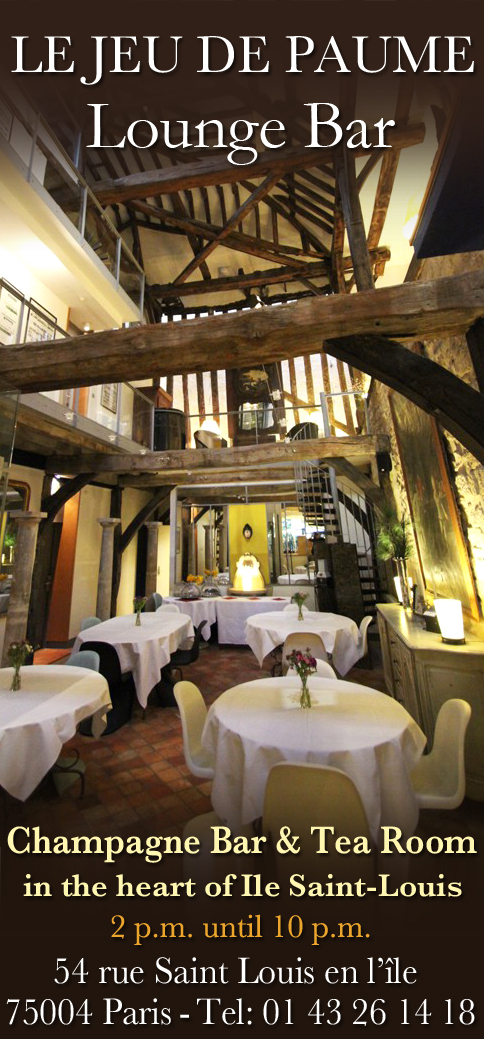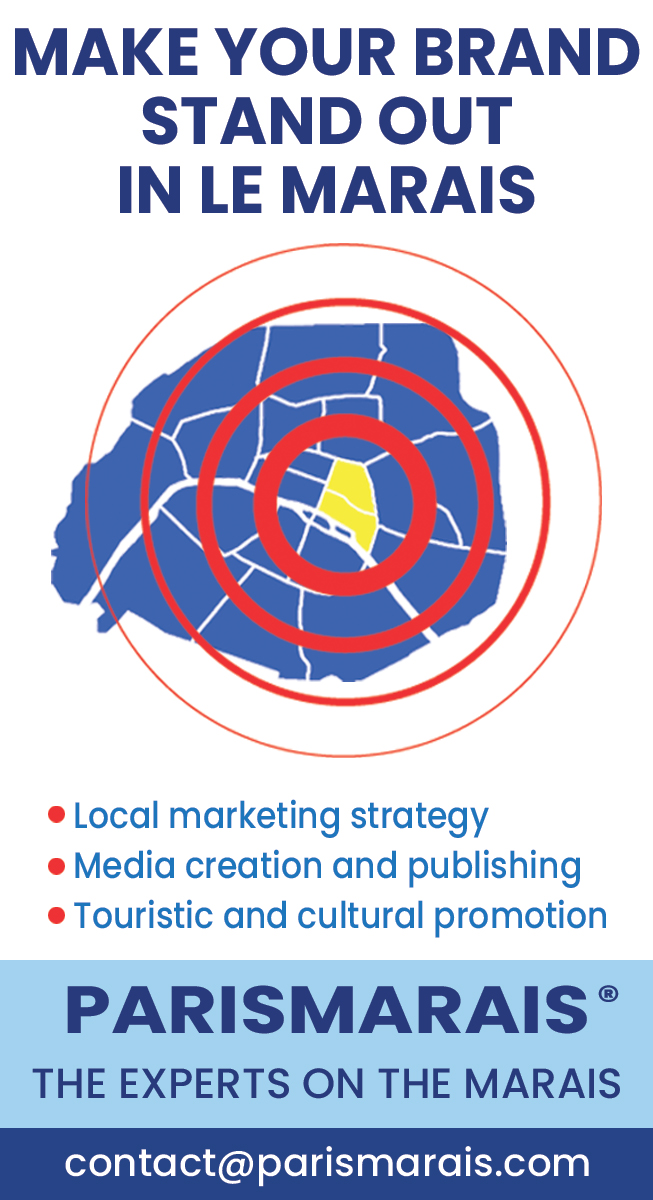 Banks & Mortgages
Banks & Mortgages
MAKING THE MOVE AND MASTERING MONEY MATTERS

It's tough enough to manage your money when you're a tourist traveling to a foreign country with a different currency. Imagine what it’s like to manage your finances when dealing in two currencies on two continents? That's what you may be dealing with should you choose to spend any length of time in France or own property here.
RATE OF EXCHANGE
The first thing you must understand is the rate of exchange. The majority of the Foreign Exchange Market ("Forex" -- buying and selling of world currencies) is done by the largest commercial banks based in five major centers of trading -- London, New York, Zurich, Frankfurt and Tokyo. These banks set the rates based on minute-by-minute trading. Reported rates differ bank-by-bank and minute-by-minute. Rates for buying a currency differ from rates selling a currency.
The bad news for those earning U.S. dollars is that at the time of this writing, the current dollar vs. euro rate of exchange is approximately $1 = €.77 or €1 = $1.30. Exchange rates fluctuate for a variety of reasons, however, it's clear that your U.S. greenback is going to buy you less in France.…for now. The good news is that should you make a property purchase in France, you will be hedging your bets by divesting your assets and investing in a strong currency.
HANDLING CASH
Handling cash will be the easiest transition to make. You need only to become familiar with the euro notes and coins. To prepare for your trip over, you need only enough euros with you to get you from the airport to your final destination and a bit beyond, otherwise you risk paying high rates of exchange on more than is necessary.
You should be able to buy euros at any major bank in your city. Don't bother with travelers' checks unless you want the safety they provide if lost or stolen, because the French aren't used to processing them and won't likely accept them in most establishments. Also, avoid the airports and hotels exchange offices because of exorbitant transaction fees.
CREDIT AND DEBIT CARDS
Once in the city, the best way to get cash is via any one of the automatic teller machines (ATM) at almost all the bank branches and post offices using a credit card or debit card. Generally bank cards offer the most favorable exchange rates for changing small amounts of money, since credit card companies have access to better rates than individuals. Be careful when using the bank card if your home currency is falling—since the transactions are not converted instantly, there is a possibility that you will end up with a less favorable conversion rate a few days later.
Keep in mind that your withdrawal may be subject to a fee (about $1.50 - $2), so check with your bank before leaving home. The other point to note is that your bank may freeze your card if out-of-the-ordinary transactions (such as withdrawals in four different countries over the course of a week) appear, so keep a copy of your bank’s contact information on hand or notify them in advance of your trip. There are also limits to how much can be extracted in any given day, usually about a $500 value.
If you want or need more than that, you can enter the bank and request a "cash advance" on the card. All banks in France will not know how to handle the transaction and others will have strict limits on what amount they will allow. Be prepared to show an ID, such as a passport and don't be surprised if they flatly refuse you unless you are already a customer of the bank.
"Credit cards" differ from "debit cards" in that a credit card will charge interest on the amount advanced until it is paid, while a debit card extracts cash directly from your account. Also, credit cards have fees attached to foreign transactions which vary from 1% to 4%. If this information is not printed in your credit card agreement (often not!), phone the company and specifically ask what foreign transaction fees you can expect.
It is best advised to use your French credit/debit cards in France and your U.S. credit/debit cards in the U.S. to reduce transaction fees.
Online Banking
Online banking is very useful. Within 48 hours a foreign transaction will appear on your bank or credit card statement so you'll know what rate of exchange you're getting. From long distance you can often pay bills and transfer funds between accounts within the same bank. If you're not banking with an institution that provides this service, consider making a move to one that does. The French banks now provide online service, but at a small monthly cost. U.S. banks provide it free of charge.
OPENING A BANK ACCOUNT
Getting a bank account in France is not as simple as it is Stateside, where friendly account managers sit waiting at their desks to welcome you. Banks in France prefer to establish a solid relationship with a customer that will lead to provision of more services and can make subjective decisions on who they want as customers.
With a residence visa of some sort (Carte de Séjour or Carte de Résident), you can more easily make an appointment with any bank to open standard checking and savings accounts and subscribe to the French Visa, "Carte Bleue." Without the visa, if you have proof you own property (copy of a "Promesse de Vente" or "Acte de Vente") or have a long-term lease, you will also be more readily welcomed.
To make an appointment, you must call or stop into the branch and request to see an account manager. An appointment for a future time will be made. It is best to have a "sponsor" call for you or make the referral. A sponsor is someone who is already a customer of the bank who can introduce you. This is a very important step in establishing a proper relationship with a bank as money is NOT what talks in France…but trusting and honorable relationships do. If you attempt to show your clout by how much money you will deposit in their bank, you are likely to fail! And believe it or not, accounts are opened with not a single centime.
Depending on the bank's policies, checking accounts and checkbooks can be free or charged. Savings account often yield as much as 3% interest and again, the rate depends on the bank. Carte Bleue is actually a debit card as the funds are extracted from your checking account automatically at in total for the month at the end of the month. There are no outstanding balances and no interest is charged. There are annual fees associated with the right to have a Carte Bleue. It can be used to make purchases or extract cash from your account at any ATM -- with a four digit PIN ([Personal Identification Number) rather than a signature.
Bouncing a check is illegal in France and is subsequent to fines. Your account could be frozen and drastic measures could be taken which could deny you the right to a checking account for years. We recommend maintaining an appropriate balance in your account at all times.
Banks to consider would be commercial banks with many branches, particularly ones nearest your own property where you can have a regular and ongoing presence to establish a better relationship.
Special note: Barclays, CIC, BNP and many others offer dollar accounts making it easy and less expensive to transfer funds between your dollar account and euro account. It is also a great way to reduce your costs associated with transferring funds. But beware, there may be tax penalties relating to foreign dollar accounts, so be sure to get the advice of your tax advisor before proceeding.
Wire Transfers
To wire funds from your U.S. or Canadian bank, you will be asked for your account number along with a "Routing Number," "Swift Code," "ABA Number" or "Sort Code." They all look similar. This number is found on your checks along with your account number.
A wire transfer is where money can be unnecessarily spent in fees and poor rates of exchange. Banks traditionally provide poor rates, therefore I highly recommend you contact a currency broker (such as HIFX/) and compare rates. A currency broker has the ability to do "spot trades" where you buy currency at the prevailing exchange rate and pay for it straight away or "forward currency contracts" where you fix the exchange rate now for a specific date in the future (up to 2 years ahead). This is especially useful when transferring large sums for making property purchases or loading accounts with large funds to make mortgage payments, pay bills, etc. at a time when the rate of exchange is favorable.
PAYING BILLS
Paying bills in France can be particularly easy via the RIB (Relevé d'Identité Bancaire) system of automatic debit from your account. Utility and phone companies prefer that your bills be paid in this way. Your bank will provide you with "slips" noting all the correct numbers your debtors need: "Code Banque," "Code Guichet," "Numéro de Compte" and "Clé RIB." When you provide this, you authorize the debtor to extract the funds from your account. It's particularly useful for absentee homeowners so that their electricity and telephone bills are paid in full and on time without worry. Lenders holding your mortgage will require that the monthly payment be made this way and therefore having a bank account in France is mandatory.
GETTING A MORTGAGE
The good news is that obtaining a mortgage here is very doable. You have a few options including going to a French bank or a British bank doing business in France.
Going directly to a commercial French bank as a non-resident can be a bit dicey. Unless you have a regular salary going into a French account, they tend not to be as interested in dealing with foreign clients, but there are British and French Banks which are set up particularly to work with non-residents.
The paperwork and requirements to obtain a mortgage are fairly simple and similar between institutions. Loans in France are based on your income, not your assets, and the monthly amount of the mortgage cannot be more than one-third of your monthly income. You can obtain financing for 10, 15, 20 or 25 years at variable or fixed percentage rates (depending on your age up to 75) and recently, interest-only loans are being made available. Lengthening the term of your mortgage or opting for interest-only can help reduce currency exchange losses. Lenders base their rates on the "Euribor" (Euro Interbank Offered Rate) -- the rate at which euro interbank term deposits within the euro zone are offered by one prime bank to another prime bank. At the time of this writing, it is under 2.5%.
There is normally a small origination fee of approximately 1% or less and a life insurance policy attached to the loan is mandatory to insure completion of payment. Prior to making a property purchase, it is recommended to contact the lenders in advance to submit an application for a pre-approval "in principal." It is not until a property is committed to (having signed a "Promesse de Vente" or "Compromis de Vente") that the lender will formally submit your application for approval by the committee.
MASTERING YOUR MONEY
There is no one easy solution to mastering your finances in a foreign country. As long as you never stop asking questions and pursuing new avenues to reduce your risk and costs associated with transferring funds, you will have succeeded in at least controlling some of your destiny – as you have no control over the rate of exchange or the policies administered by financial institutions.
If you travel often to Paris and France, you may want to consider opening a bank account. This can help you save money on the exchange rate by enabling you to transfer money to your French bank account when the exchange rate is good.
Many banks offer accounts for “étrangers” or foreigners, but you may need to have a recommendation from someone who already has an account with the bank. Each bank is different, so check with the branch near you for details.
Did you know that La Poste also offers banking services? You can open a bank account with them and get free cheques, a free withdrawal card and more.
RECOMMENDED BROKER
GET THE BEST MORTAGE, WITH THE MOST TRUSTABLE BROKER, WORKING WITH THE BIGGEST FRENCH AND INTERNATIONAL BANKS
Emmanuel CORNU + 33 (0) 6 65 30 75 06
Emmanuel.cornu@courtiprets.fr
1 rue Dubrunfaut, 75012 PARIS, FRANCE
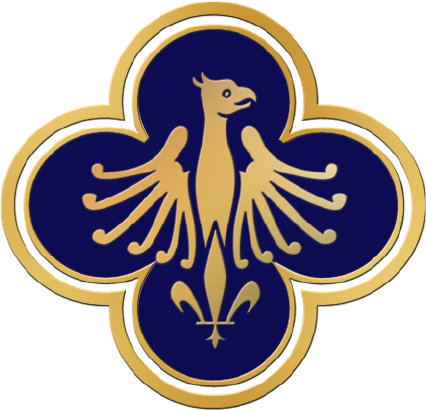 Welcome
Welcome Hotels Marais Paris
Hotels Marais Paris Shopping guide
Shopping guide Going Out in Paris
Going Out in Paris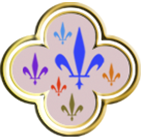 Marais Lifestyles
Marais Lifestyles ARTS & CULTURE
ARTS & CULTURE Property Services
Property Services Newsletter
Newsletter Blog
Blog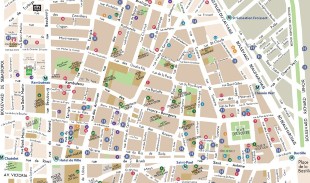



.jpg)
